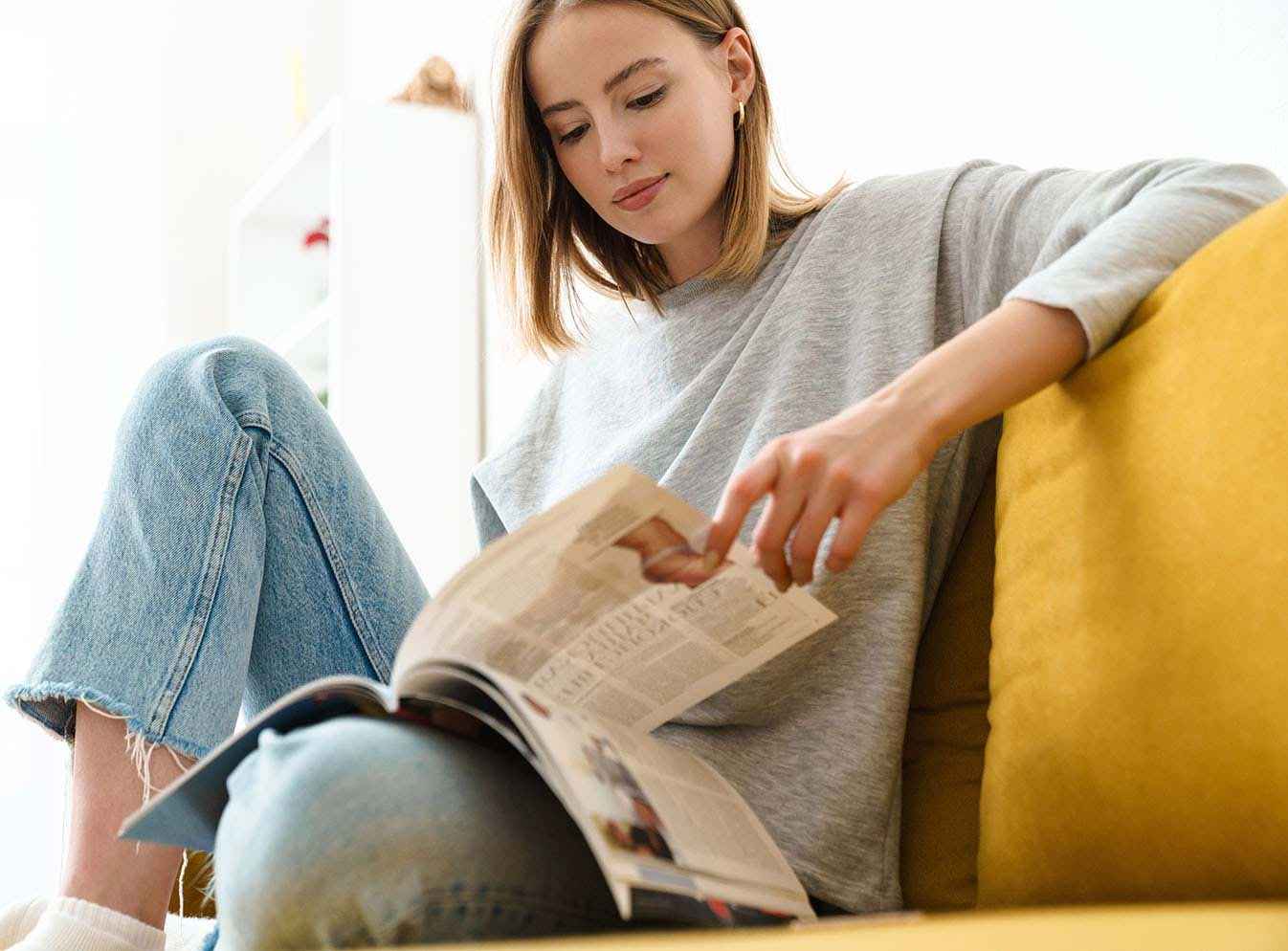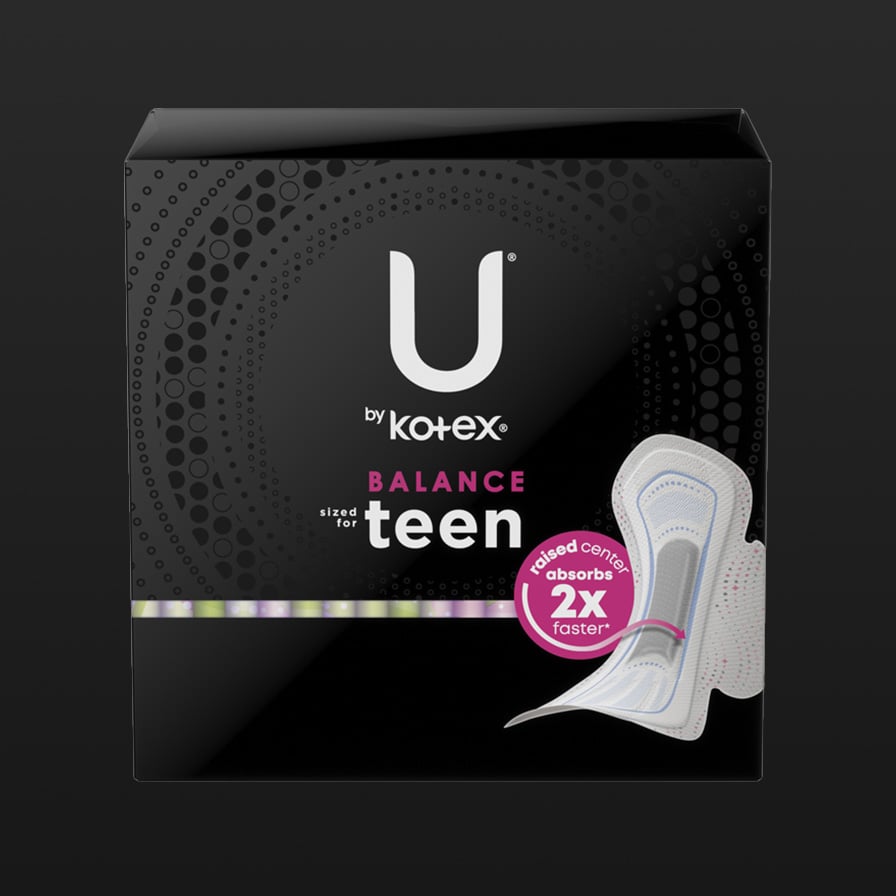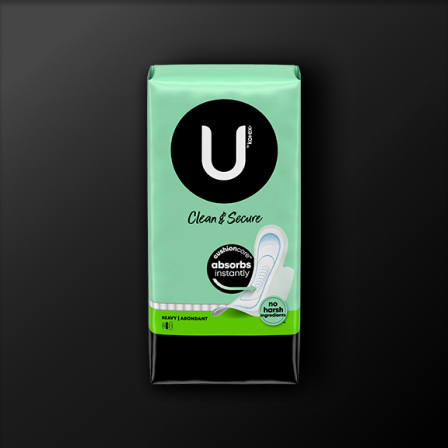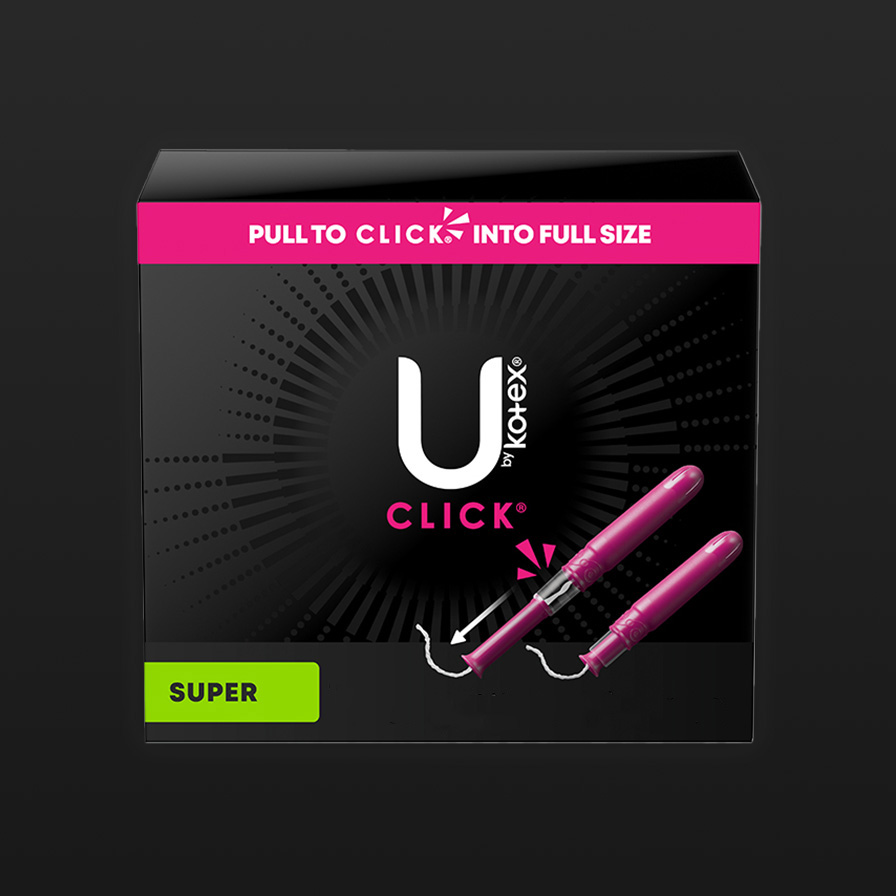How To Tell Your Boyfriend That You Are On Your Period?
Being open with a significant other about your period could improve your relationship.
The first time I told my boyfriend that I loved him it was because of my period.
It wasn’t because my period made me act extra emotional; I did it because of the way he acted about my period.
We were seventeen and had been dating about five months when our marching band (geek love!) was invited to perform at Disney World in Orlando, Florida. About six hours into our twenty-four-hour bus ride there the worst possible thing happened—my period started unexpectedly.
Luckily, I was able to borrow pads and tampons from a few girlfriends. But no one had anything to help the excruciating cramps that were making me double over in pain. At first, I tried to hide what I was going through from my guy because I was embarrassed, but he seemed so concerned I eventually told him. I expected him to be grossed out, but instead he told me to relax and grabbed an iPod from his bag. Scrolling through the songs, he selected the most relaxing music he could find, put the headphones on me, told me to close my eyes, and began giving me a shoulder massage.
How he could have known that distracting myself with music was one of my tricks to getting rid of cramps? I don’t know. But what I do know is that the simple gesture meant so much to me that I couldn’t help but say those three words for the first time. Today, I still know I can count on him to help if I am feeling bad, because of cramps or anything else. By being open with him about my period, I was able to see another side of him—one that made our relationship stronger.
While it can be hard to broach the topic of your period with your significant other, often times it can result in unexpected benefits—like learning how someone will respond in a moment of need. Here are three other ways talking about your period could improve your relationship.
Reduce Awkwardness: Being open about your period can make it easier to be open about other reproductive health-related topics. If you are sexually active, or considering becoming sexually active, you need to be able to bring up topics like sexual history, sexually transmitted infections, contraceptives, and what you are (and are not) OK with overall. Starting these conversations can be hard, but if you have a history of talking about something as intimate as your period it may make things easier. If you are extremely uncomfortable even mentioning that you are on your period to your significant other, it may be a sign that you aren’t quite ready to take things to a physical level.
Become More Comfortable: Everyone has a period emergency occasionally. And while no one wants to have to make an emergency side trip to buy tampons while on a date, there is a silver lining to experiencing something a little embarrassing in front of a significant other. If they are supportive - bonus points if they run to buy you tampons themselves - it tells you a lot about the type of person they are. Plus, if they see that you didn’t freak out when something “embarrassing” happened to you, bets are they will be more comfortable admitting when they need help with something potentially embarrassing, too.
Get To Know Each Other: We all have awkward, funny, and sometimes even exciting stories regarding the experience of “becoming a woman.” While you may not feel comfortable sharing all of those stories with your significant other - opening up about a few and asking them to open up about a few of their puberty stories - can be a great way to get to know each other on a deeper level. Sharing how you each navigated puberty can provide insight into each other’s insecurities, childhoods, important relationships, and life-shaping moments. Plus, you’ll both have a good laugh swapping stories about your parents’ awkward attempts at “the talk.”
Kimberly-Clark makes no warranties or representations regarding the completeness or accuracy of the information. This information should be used only as a guide and should not be relied upon as a substitute for professional medical or other health professional advice.









